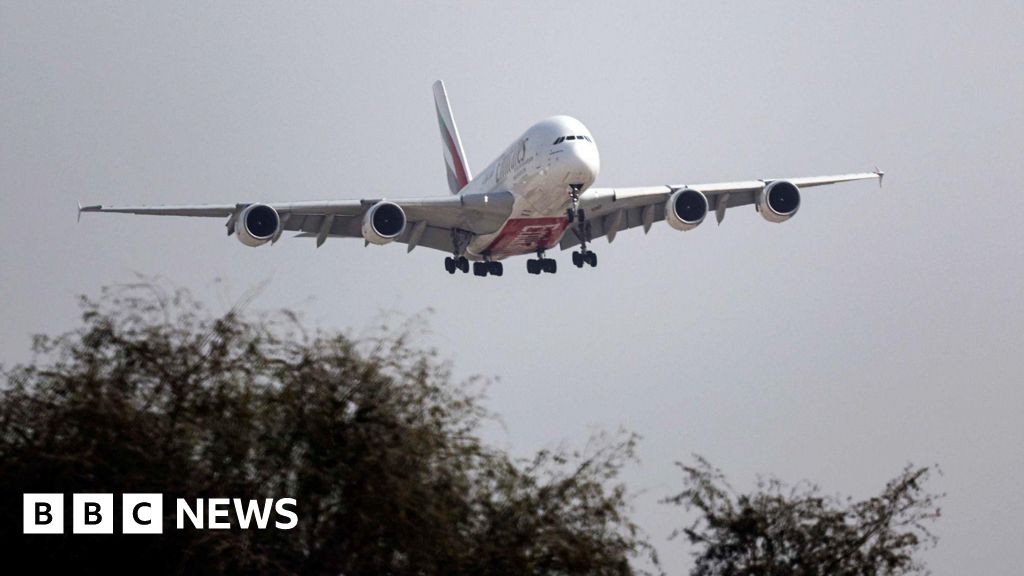They are both infamous in the music industry, and now LimeWire and Fyre Festival are joining forces.
LimeWire, known for enabling illegal piracy of music, has just bought Fyre Festival, a brand which promised a luxury music festival in the Bahamas and ended up as one of the biggest viral disasters of 2017.
The fallout from the festival sparked several lawsuits and even a spell in prison for Billy McFarland, its founder. Mr McFarland even tried his luck a second time, with 2,000 tickets going on sale for Fyre Festival II, earlier this year.
The festival was postponed just weeks before it was due to take place this summer.

Rights to the festival have now been sold in a bid "that even included Ryan Reynolds and his agency Maximum Effort", according to LimeWire.
"Congrats to LimeWire... I look forward to attend their first event but will be bringing my own palette of water," Reynolds reportedly told the brand.
But the CEO of LimeWire said the purchase does not necessarily mean a Fyre Festival III is in the works.
Instagram This content is provided by Instagram, which may be using cookies and other technologies. To show you this content, we need your permission to use cookies. You can use the buttons below to amend your preferences to enable Instagram cookies or to allow those cookies just once. You can change your settings at any time via the Privacy Options. Unfortunately we have been unable to verify if you have consented to Instagram cookies. To view this content you can use the button below to allow Instagram cookies for this session only.
"We're not bringing the festival back," said Julian Zehetmayr, the CEO. "We're bringing the brand and the meme back to life, this time with real execution."
What is LimeWire - and how is it back?
For music-loving millennials growing up in the early 2000s, in an era before Spotify and digital streaming, LimeWire was an essential part of life - as long as you didn't mind downloading the occasional virus onto the shared family PC.
The website was largely used for the download and distribution of pirated music, but was shut down in 2011 after the Recording Industry Association of America (RIAA) said LimeWire owed them $72 trillion in damages.

The RIAA demanded $150,000 for each download of 11,000 infringed songs, a demand that even a federal judge called "absurd".
The case was eventually settled for a much smaller fee of $105 million.
But it wasn't the end, and the brand was resurrected as a crypto and file sharing company in 2022.
As for what is next, LimeWire said "over the coming months, [it] will unveil a reimagined vision for Fyre - one that expands beyond the digital realm and taps into real-world experiences".
X This content is provided by X, which may be using cookies and other technologies. To show you this content, we need your permission to use cookies. You can use the buttons below to amend your preferences to enable X cookies or to allow those cookies just once. You can change your settings at any time via the Privacy Options. Unfortunately we have been unable to verify if you have consented to X cookies. To view this content you can use the button below to allow X cookies for this session only.
"What could possibly go wrong?" LimeWire's statement said.
 (1).png)

















